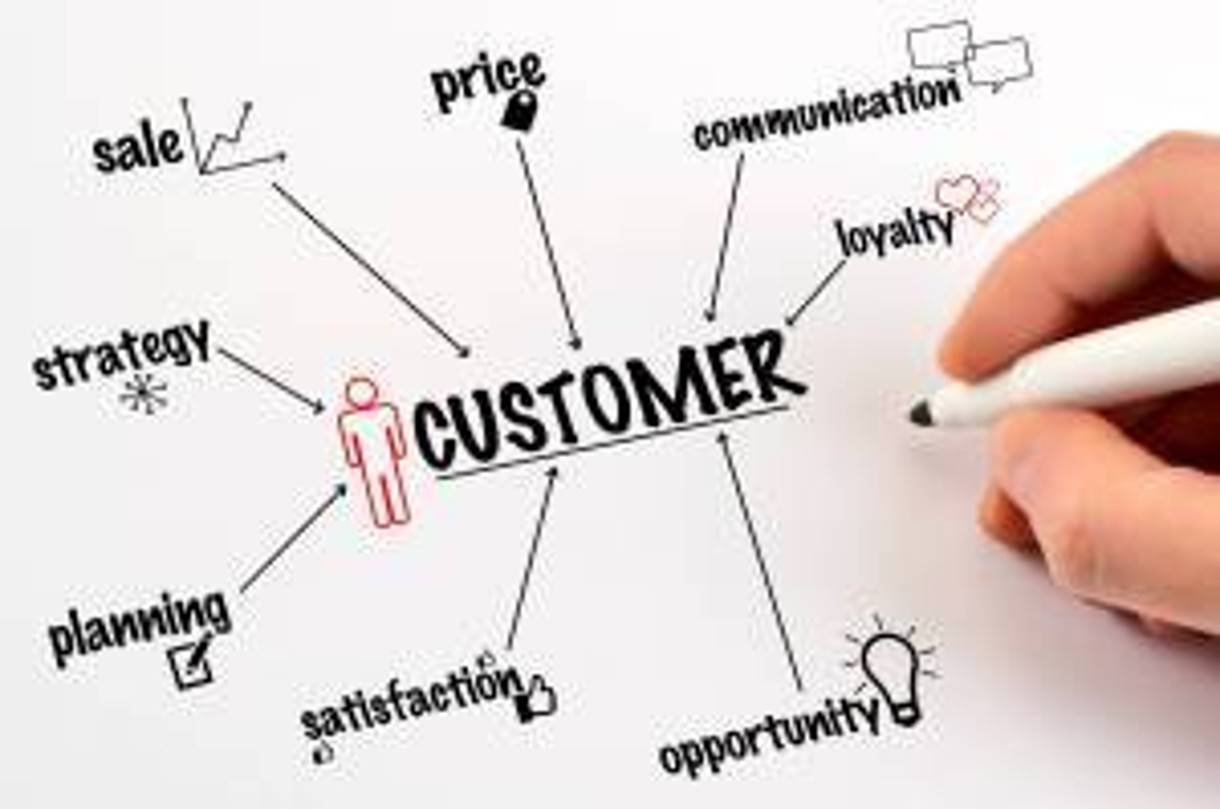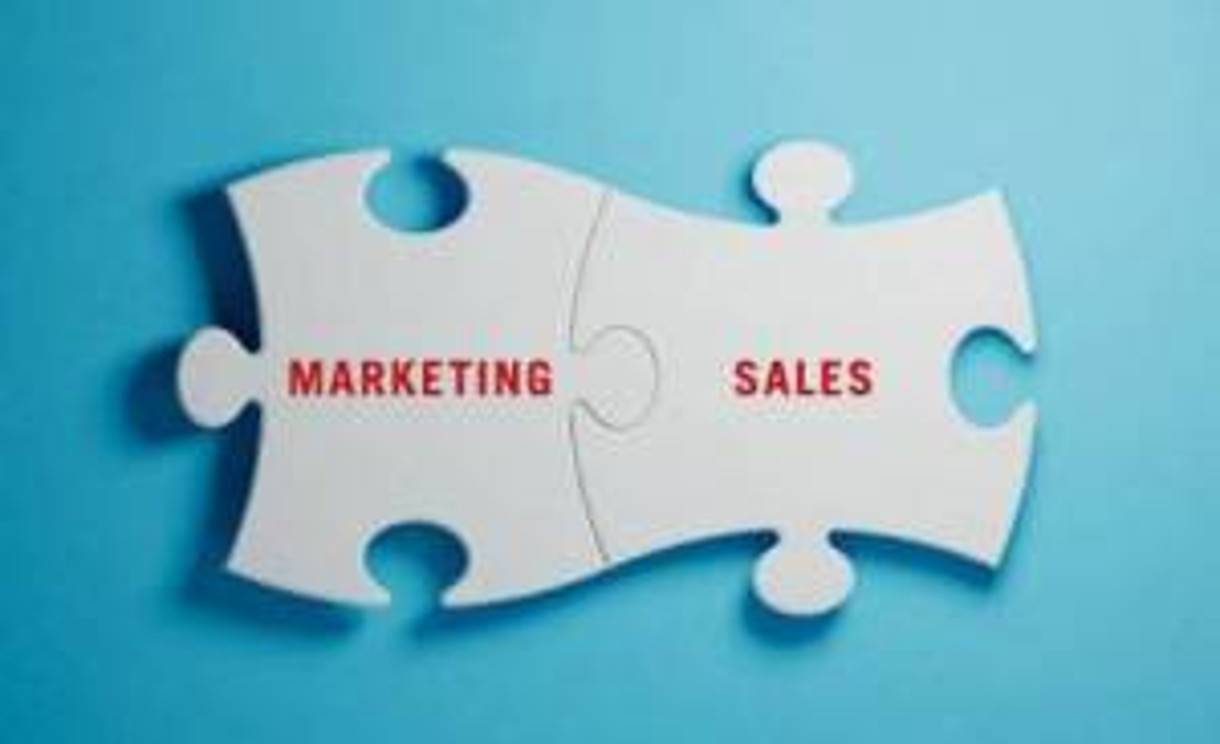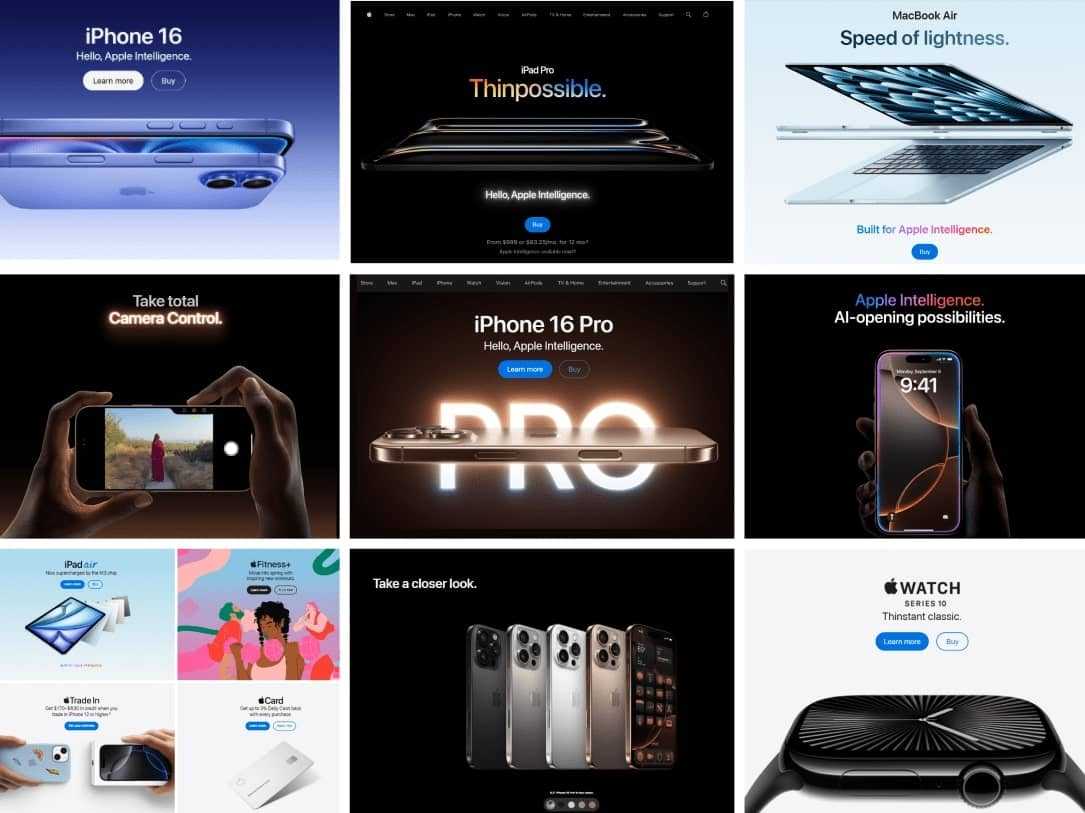

Businesses Must Rapidly Adapt to Digital or Fail
Businesses that hesitated to embrace digital transformation find themselves at a disadvantage as the world economy contracts from the coronavirus pandemic. Those who waited now face imminent peril. It’s a matter of digital or demise.

The Covid-19 "Coronavirus"
The coronavirus pandemic in 2020 has laid bare the need for businesses to embrace a digital transformation. Make no mistake— as evidenced in this crisis, business hasn’t stopped. It is realigning. Quickly.
Amazon, for example, announced plans to hire 100,000 warehouse and delivery people. Pharmaceutical companies are scrambling to meet demand. They are inundating suppliers with orders for packaging supplies.
These companies, and smart ones like them, don't rely on person-to-person sales anymore. It’s all happening on websites or apps using savvy digital marketing along with equally savvy sales reps.
B2B Companies Have Been Slow to Adopt Digital Transformation
While many consumer products companies turned to websites for selling products and engaging customers, many B2B businesses have not. Sales reps accustomed to cold-calling prospects, visiting clients, or attending trade shows must now find new ways to sell. Travel has stalled, and face-to-face meetings are a health risk.

It will take buying and selling to get the business ecosystem moving again
For the economy to recover requires more than digital marketing tied to sales. That represents only half of the equation. What will hold the fragile system together is not simply a matter of selling, but also buying.
Supplying online retailers and manufacturers of consumer goods and pharmaceuticals creates a ripple effect throughout the economy. It's a complex and, as we’re seeing, fragile ecosystem.
These operations hire employees from small communities like Jeffersonville, Indiana, or larger metropolitan areas like Cincinnati, Ohio.
Governments around the world are proposing stimulus measures. In the United States, a $2 trillion stimulus package will help struggling businesses and citizens. On the other side of the world, Australia could inject $11 billion into the economy down under.
These measures can help stabilize the economy if the individuals and businesses they’re intended to help use the cash to buy goods and services.
It’s time to sell and buy.
New Business Normals on the Horizon
 It's unlikely business will return to the way things were before the onset of the pandemic. Already the pace of digital change described as the Fourth Industrial Revolution has accelerated the speed of innovation and accompanying disruption.
It's unlikely business will return to the way things were before the onset of the pandemic. Already the pace of digital change described as the Fourth Industrial Revolution has accelerated the speed of innovation and accompanying disruption.
Digital transformation has altered the way businesses sell and buy—forever.
The success of consumer brands using digital channels set the bar for B2B companies, which have been slow to adopt digital transformation, or as some call it, “digital first.” Now businesses must deliver the same experiences found at online retail giants–think Zappos.
During worldwide disruptions, B2B companies must recognize that selling and buying demand more than working with a laptop and internet connection at home. Digitally savvy companies offer ease of purchase, customer service through many platforms, information for download, or instruction videos.
Adopt a Mindset of Flexibility
Forward-thinking companies may not have anticipated the eventualities of a coronavirus pandemic or a natural disaster. Regardless, adoption of digital systems that accelerated virtual sales positioned them to maintain business continuity. They recognized and capitalized on the fact that savvy, self-empowered buyers were increasingly turning to digital platforms when evaluating B2B products and services.
To be clear, virtual selling doesn’t replace the sales rep. As Gartner reports, 55% of buyers discover “an overwhelming amount of trustworthy information” when researching services online. Companies succeeding with virtual sales help buyers navigate preliminary research in the initial stages of the sales cycle.
Companies must begin adapting their sales methods to the digital world now. It’s no longer an option. It’s the difference between survival or demise.
Business and production will return. Selling and buying will be changed forever.
What Digitally Savvy Companies are Doing Right
Winning companies collaborate with buyers by stepping into their position. Buyers are simply overwhelmed with competing, often equally valuable, information. Companies embracing virtual sales understand this, and thrive on it.
An ITSMA and ABM Leadership Alliance Account-Based Marketing Benchmarking Survey in July 2017 found that digital leaders in B2B achieved a compound annual growth rate (CAGR) almost double that of other firms.
The Digital Portfolios of Successful B2B Companies

Digital touchpoints support the B2B customer sales cycle
Generally, the majority of companies in this stratosphere take a 12-month view, or longer, of the sales cycle. They understand all buyers are not the same. Prospects are vastly different from existing customers. Successful companies have created pathways streamlined for different users.
- Using data, analytics and AI for continuous improvement of the non-linear buying experience
- Marketing and connecting to an individual buyer, not mass marketing.
- Embracing transparency by featuring digitized pricing and competitor comparisons.
- Publishing content that informs and facilitates the buying process.
- Providing their sales team with training and materials to help overwhelmed buyers.
- Using analytics to iteratively improve the non-linear buying experience
- Delivering frictionless buying experiences
- Leveraging Technical SEO and Schema markup to elevate pages in organic search
- Offering support for prospects who must work with numerous internal stakeholders
The Changing Role of the Sales Rep

Sales reps must be skillful at remotely guiding prospects towards conversion
This new digital sales paradigm will only increase the dizzying amount of quality information for buyers to review. As B2B companies adopt more robust digital marketing strategies and start supporting the virtual sales cycle, the successful sales rep will need to skillfully guide the buyer remotely.
In a 2019 Gartner report, 89% of B2B buyers found generally high-quality information online. On the surface, many products from different businesses share the same features. What are buyers to do? How do they decide which product to ultimately choose?
The B2B buyer spends the majority of their time on research. They split their remaining time talking with several sales reps. It’s a given that a sales rep will know their product advantages—now the sales rep must be equally familiar with competitor information, so they can collaborate with the buyer to distill their preliminary research.
Virtual selling changes the focus from “the deal” to the sales rep being a trusted source of information, including pointing buyers to third-party sources of information that they may not have already discovered.
Creating Harmony Between Marketing and Sales
Like performers in a symphony, marketing and sales must perform on cue with perfection. More than ever, B2B marketing and sales teams must be playing off the same song sheet.

Sales and marketing must fit together
The messaging for products and services must align—otherwise a buyer encounters a disconnect when online content doesn’t match what they were told during a conversation with a sales representative. This erodes trust and credibility.
Share specific sales goals with your marketing team so they can develop strategic methods to lead prospects into the sales funnel.
Communication is critical—expect clashes. Still, creating this feedback loop ultimately helps sales and marketing teams collaborate to make sure new leads become satisfied customers.
Take One Step at a Time
Digital transformation is not an all or nothing proposition. Successful adoption of digital-first sales and marketing for B2B companies requires thorough planning, and strategic implementation.
Processes need to be tweaked. A high-performing progressive web app (PWA) needs to be considered for your website. Information and search-optimized content needs to be developed.
This all takes time—but the result is more opportunities for your business to thrive. The good news? A new digital sales process can begin rolling out within days, not weeks—and clearly, this is no time for businesses to wait.
As a digital agency with decades of experience, DBS Interactive partners with B2B companies to strategically plan digital transformations that bring virtual sales components online using a staged approach.
Take the next step. Connect with us and get started now.





